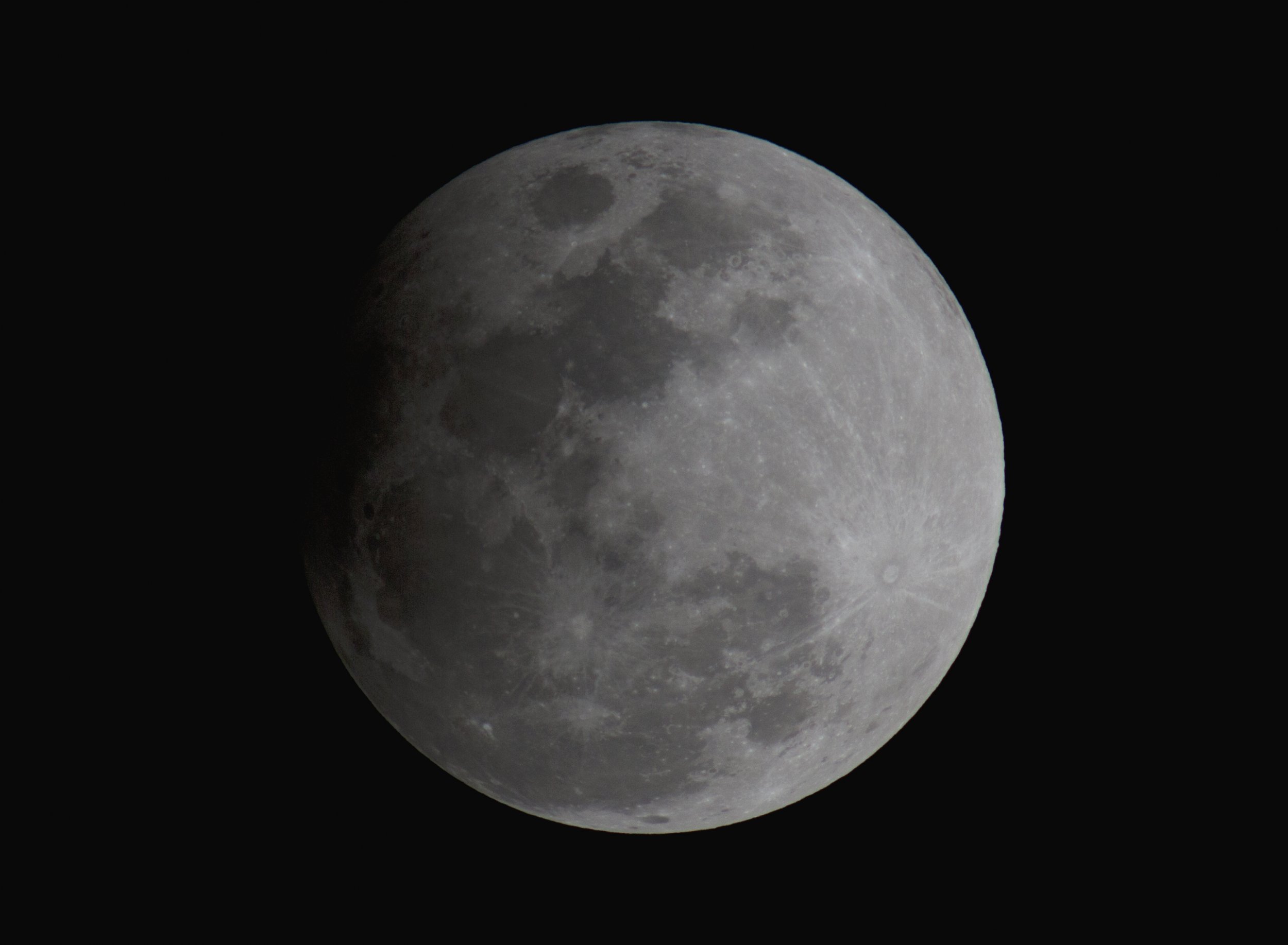
In a little over a decade, a small number of humans will be living on the Moon. Then in the following ten years, about a hundred more people will join them, according to Bernard Foing, a scientist at the European Space Agency (ESA).
He believes scientists, technicians, and engineers will be the first ones to officially call the lunar habit 'home.' By 2040, he imagines the population will be 100.
"In 2050, you could have a thousand and then... naturally you could envisage to have family" accompanying their loved ones there, Foing told AFP.
"There may be the possibility to have children born on the Moon," he added.
This week at the European Planetary Science Congress, Foing discussed the agency's plan to create a permanent settlement called the "moon village." The plan was announced to the public last year at the 32nd Space Symposium. The village will be a base for science, business, mining, and even tourism, Jan Woerner, director general of the ESA, explains in the video below.
This futuristic idea would require the communities living on the moon to use local materials to survive and build shelter, among other structures. Volcanic rock may be useful in conjunction with 3D-printing technology, suggests physicist Vidvuds Beldavs of the University of Latvia. And in order to obtain water, ice from the Moon's poles will have to be melted.
But before any of this happens, more people (particularly, politicians) need to get on board, especially considering the International Space Station is set to be decommissioned in 2024.
"It is highly frustrating... We still don't have the top leaders interested," said Beldavs, who runs a project advocating for joint exploration of the Moon.
"Moon Village": By 2040, a hundred people will live on the Moon, melting ice for water, 3D-printing homes and tools https://t.co/9unuFy1vVw pic.twitter.com/aRH97WIxDu
— AFP News Agency (@AFP) September 22, 2017
Many scientists and commercial prospectors are excited about the proposed idea of creating a moon village. Michelle Hanlon, co-founder of For All Moonkind—a non-profit organization that seeks to preserve the six human lunar landing sites—expressed her thoughts on the exploratory efforts.
"We love the idea that there could be a human settlement on the Moon by 2030 and 'moonkind' numbering in the hundreds by 2040. But with technology and this awe-inspiring capability to not just return, but create a Moon community comes deep responsibility. We cannot allow ourselves to forsake the past in the name of the future," Hanlon told Newsweek via e-mail.
And before you book your one-way ticket to the Moon, here's a warning: it's a "tough" life, physicist Christiane Heinicke told AFP. Heinicke spent a year living with five other people in a mock Mars environment in Hawaii. During this time, they had limited connection with the outside world. It's not for everyone, she says.
Uncommon Knowledge
Newsweek is committed to challenging conventional wisdom and finding connections in the search for common ground.
Newsweek is committed to challenging conventional wisdom and finding connections in the search for common ground.
About the writer
To read how Newsweek uses AI as a newsroom tool, Click here.








